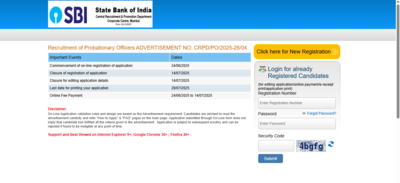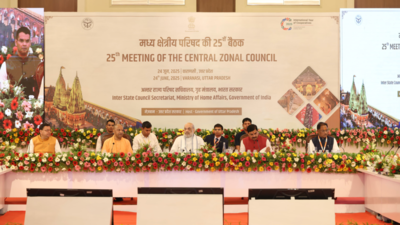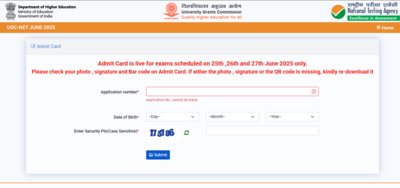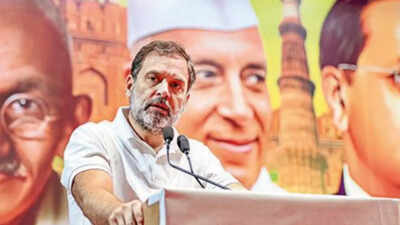US mandates public profiles for Indian student visa applicants: Is privacy the price of a dream college?
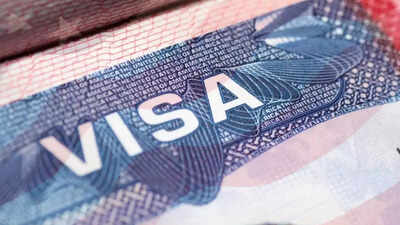
Indian students planning to study in the United States now face a new and deeply personal hurdle in their visa journey — opening up their social media lives to government scrutiny. In a directive that took effect immediately, the US Embassy in India has instructed all applicants under the F, M, and J non-immigrant visa categories — which include students and exchange visitors — to make their social media accounts public during the visa application process.The move is part of a broader global policy shift aimed at enhancing security vetting across US consular services. According to updated guidance, consular officers will now examine applicants’ social media profiles to verify identity and assess admissibility under US law.In an official post on X (formerly Twitter), the embassy stated that making social media profiles public is necessary to “facilitate vetting necessary to establish their identity and admissibility to the United States under U.S. law.”
Security vetting through social media
The US State Department has intensified its focus on national security in student visa processing, and social media is now at the heart of this scrutiny. Every F, M, and J visa application is being treated as a security-sensitive decision, with consular officers instructed to closely examine applicants’ online activity for any signs of misrepresentation, visa non-compliance, or potential threats.Students are being urged to conduct a thorough audit of their digital presence — including past posts, comments, photos, likes, and follows — to ensure alignment with their stated academic intentions. Content involving political views, controversial opinions, lifestyle choices, or humor that could be misinterpreted may raise red flags during the vetting process.Applicants are also advised to maintain consistency between what they share online and the details submitted in their visa forms, resumes, and interviews. The Department of Homeland Security has reinforced this approach, emphasizing that a US visa is a privilege, not a right — and that monitoring continues even after the visa has been granted.
Privacy versus opportunity
For many Indian students, the new US visa directive forces a tough and deeply personal question: how much privacy must one surrender in exchange for an international education? Platforms like Instagram, Facebook, and X are often used to share personal milestones, political opinions, creative expression, or even humorous content — all within a context of assumed digital privacy. Being asked to make these accounts public, even temporarily, feels intrusive to many young applicants.The idea that government officials — unfamiliar with their cultural context or sense of humor — may sift through years of personal posts has sparked significant discomfort. Some students may end up worrying that harmless content could be misunderstood or taken out of context. Meanwhile, some may also be worried about being judged for expressing political opinions or participating in public discourse — both of which are protected rights in democratic societies like India.There is also unease about how long the US government will retain access or monitor these accounts, and whether this surveillance could continue throughout a student’s academic stay. For students from marginalized communities, or those vocal on social justice or activism-related topics, the directive feels particularly unsettling.This policy has reignited broader debates around digital surveillance, cross-border data scrutiny, and the blurred line between personal and official identity. While US authorities present the rule as a national security necessity, it undermines privacy and challenges freedom of expression among international students.Students now find themselves in a delicate position: carefully curating their digital presence as if it were an extension of their visa file — where a single misinterpreted post could derail years of academic planning and aspirations.
Pressure ahead of fall semester
The timing of the policy rollout has intensified stress for Indian students gearing up for the fall 2025 intake. Already juggling college acceptances, visa interviews, document submissions, and travel planning, they must now add “online profile clean-up” to their checklist.US consulates in India are expected to reopen appointment bookings soon, and students have been advised to check consulate websites regularly for updates.


